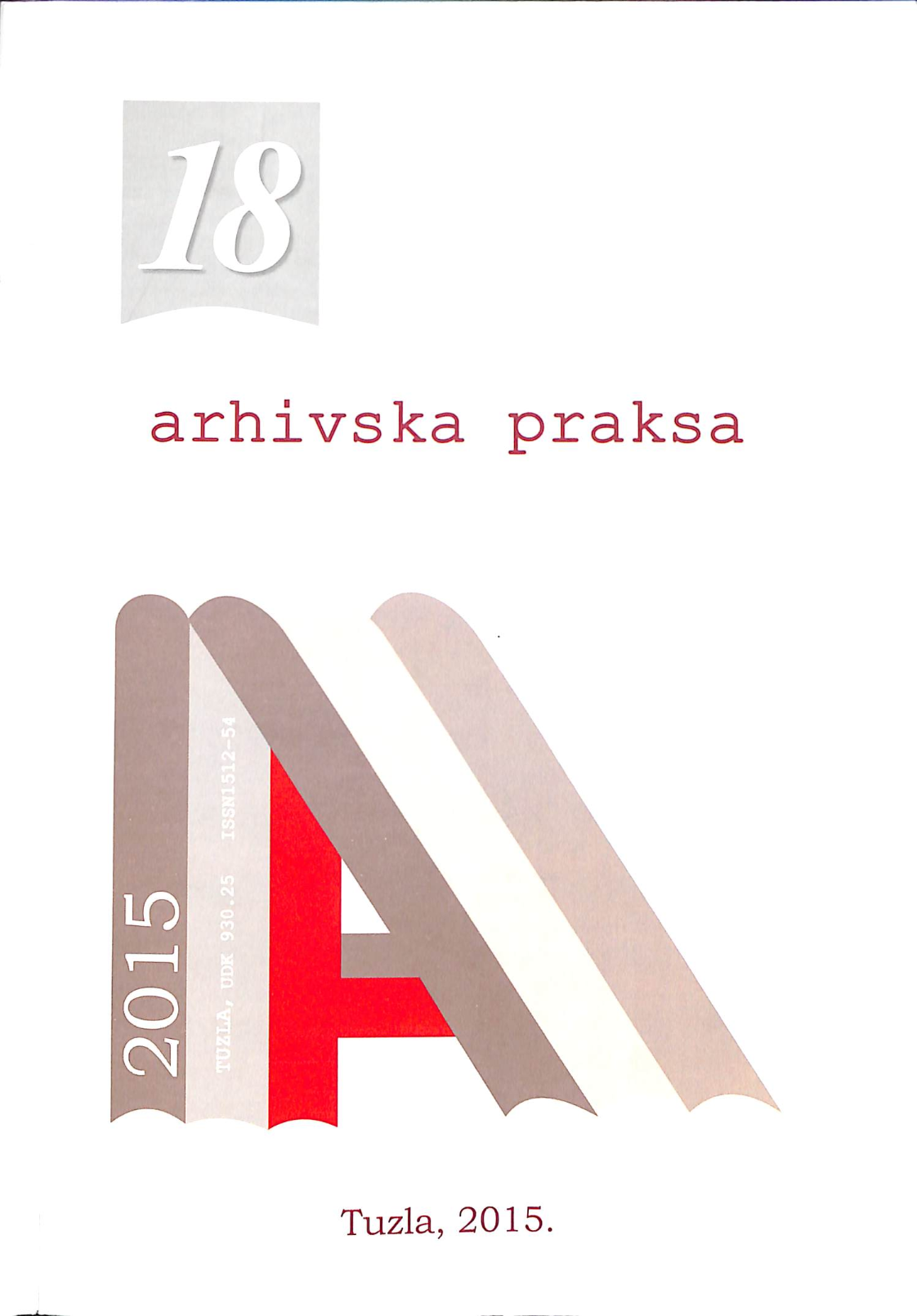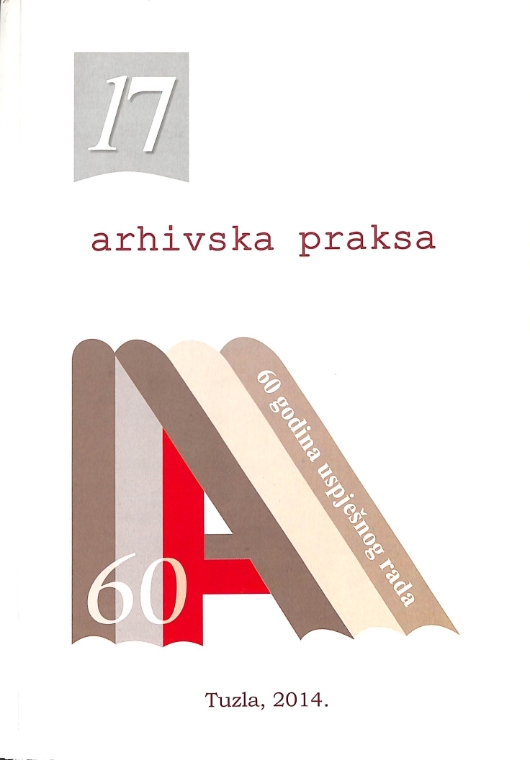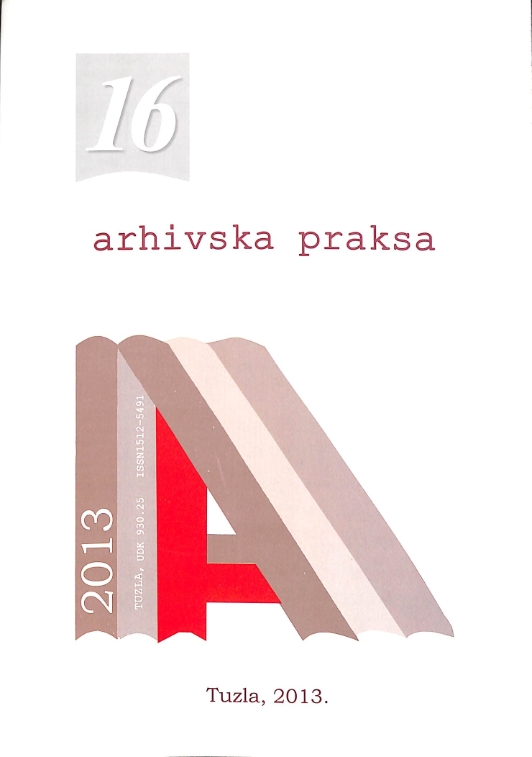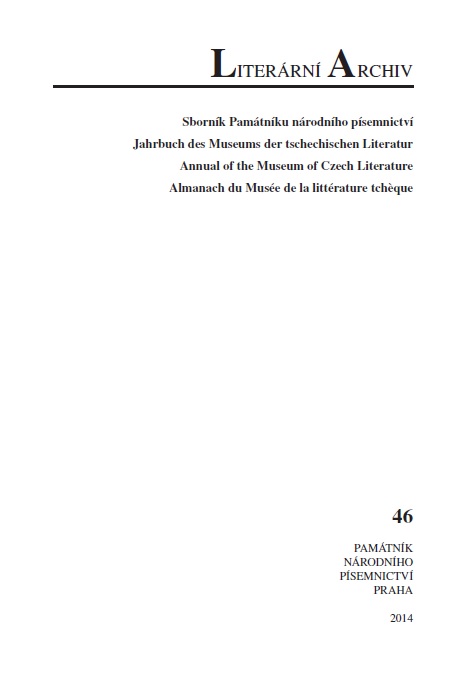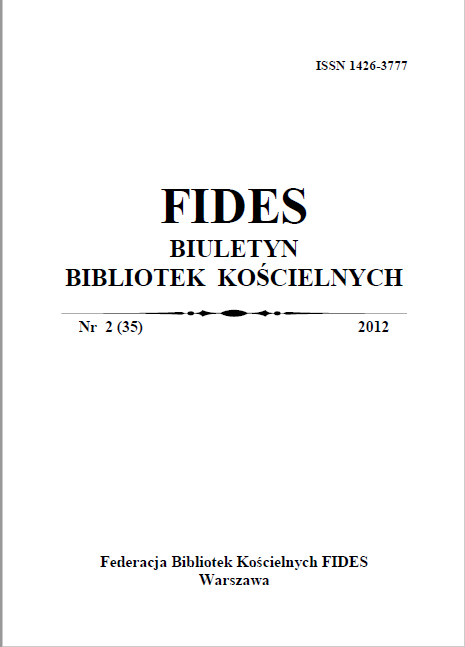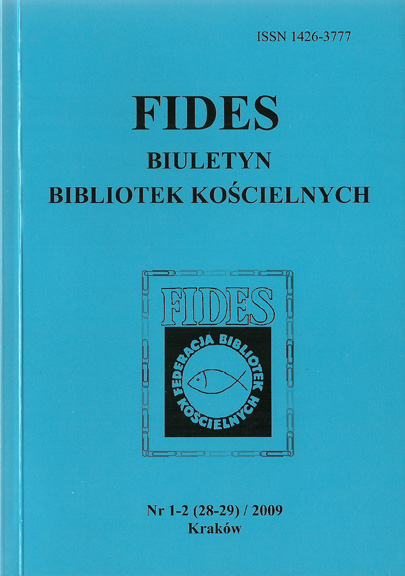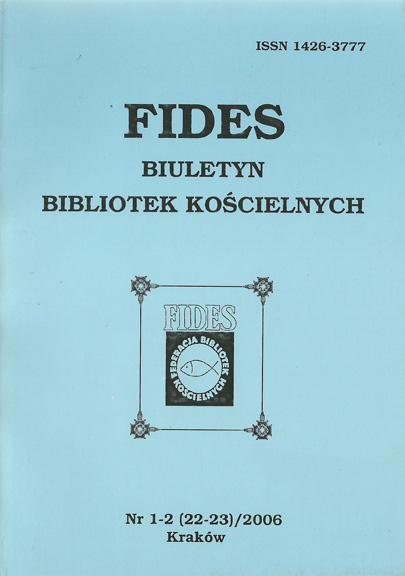Author(s): Peter Pavel Klasinc / Language(s): Bosnian,Croatian,Serbian
Issue: 18/2015
Upon completion of the contribution, as the science, culture and archives with some views of the archival materials in the field of health can conclude that such comparisons, which I mentioned earlier in relation to health, it is possible also in other areas such as geography, history of art, architecture, education, administration, economy, etc. because the archives preserve archival material for all areas of human activity. The fact is that the public wants to be informed about the archives and archive materials, most often from a desire for knowledge of local history and other fields, for which the information is based on archival materials, which is important for their research. Archivists must help users, since they have the obligation specified in the archival legislation, where among other things said that is one of the activities of archival public service and “mediation of cultural values in relation to archival material”, as well as assistance in implementing the objectives, related the development of relations, the formation of practices and attitudes, as well as the schedule and the adoption of clear positions. Therefore, archivists must allow the public to develop a positive attitude towards archival material, which is in Archival Fonds as cultural heritage, and as the cultural institutions, which archives certainly are. Many archives are in the presentation of archival material use appropriate pedagogical approach with the use of appropriate information technology, although a lot of restraint is used regarding options offered by social networks such as Facebook, YouTube, Twitter and others. Availability of archives via search engines like Google, Wikipedia and similar systems based on the expertise of often very questionable. Work in the reading room of archives, as stipulated in the archival legislation, is called the “window to the world of archives” or “archives heart”. There, numerous relations between archivists and users occur, where users can learn about the archival material, which is in the Fonds. The archives offer the use of archival material to researchers and other users as real and concrete encounter with the past because “who does not know his past, can not expect a good future” (UVDAG, 2015).
More...
